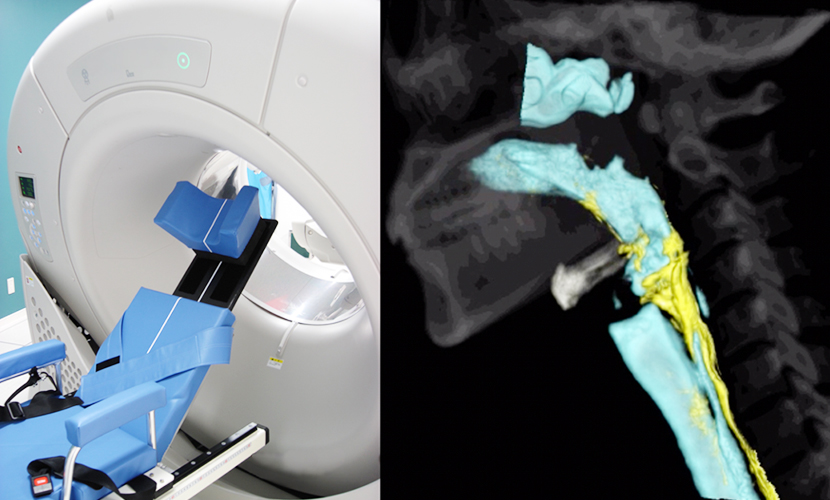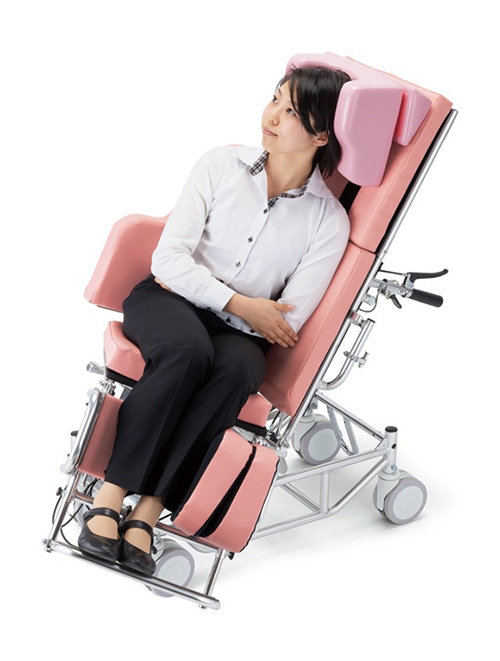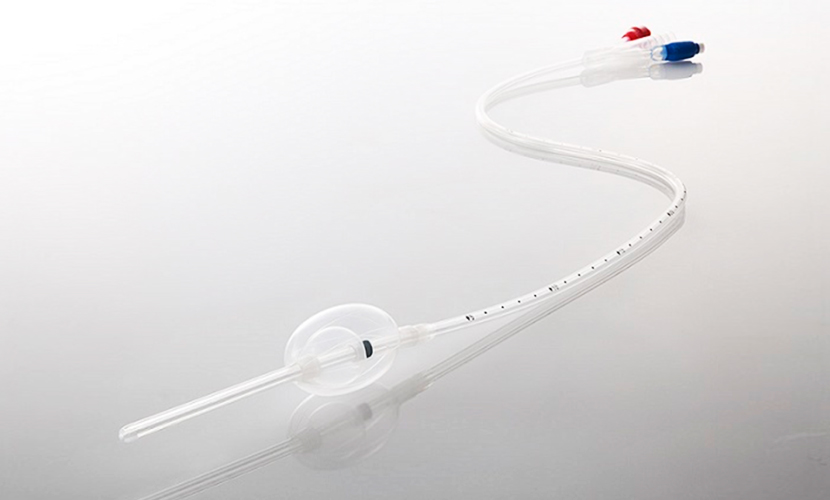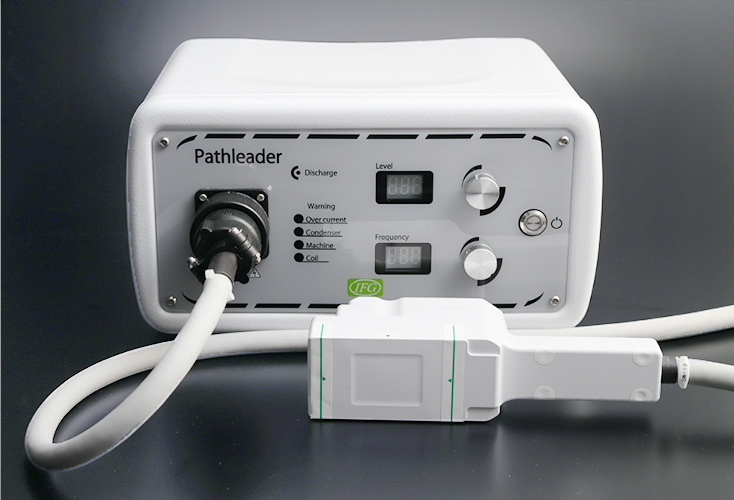When the eating and swallowing functions are impaired (dysphagia), it may become difficult to eat. Dysphagia also causes complications, such as aspiration pneumonia, choking, malnutrition, and dehydration. Dysphagia is an important field of rehabilitation. We are conducting a wide range of researches in the field of swallowing to address the issue of eating and swallowing. Our research includes the elucidation of swallowing (disorder) mechanisms such as the "chew-swallow complex" in collaboration with the Johns Hopkins University, development of modified foods for dysphagia, development of chairs for swallowing training, kinematic and kinetic analyses of swallowing using computed tomography and high-resolution manometry, peripheral nerve magnetic stimulation, and balloon catheters for upper esophageal sphincter dilatation. Our efforts have been highly evaluated worldwide.
Swallowing CT(with Canon Medical, Japan)

Swallowing Rehabilitation chair Swallowchair®Ⅱ (with Tomei Brace)

Balloon dilator (with Create Medic Co.)

Repetitive peripheral magnetic stimulation (with IFG Corporation)

Engelead®, Processlead® (with Otsuka Pharmaceutical Factory, Inc)

Picture provided from Otsuka Pharmaceutical Factory, Inc

